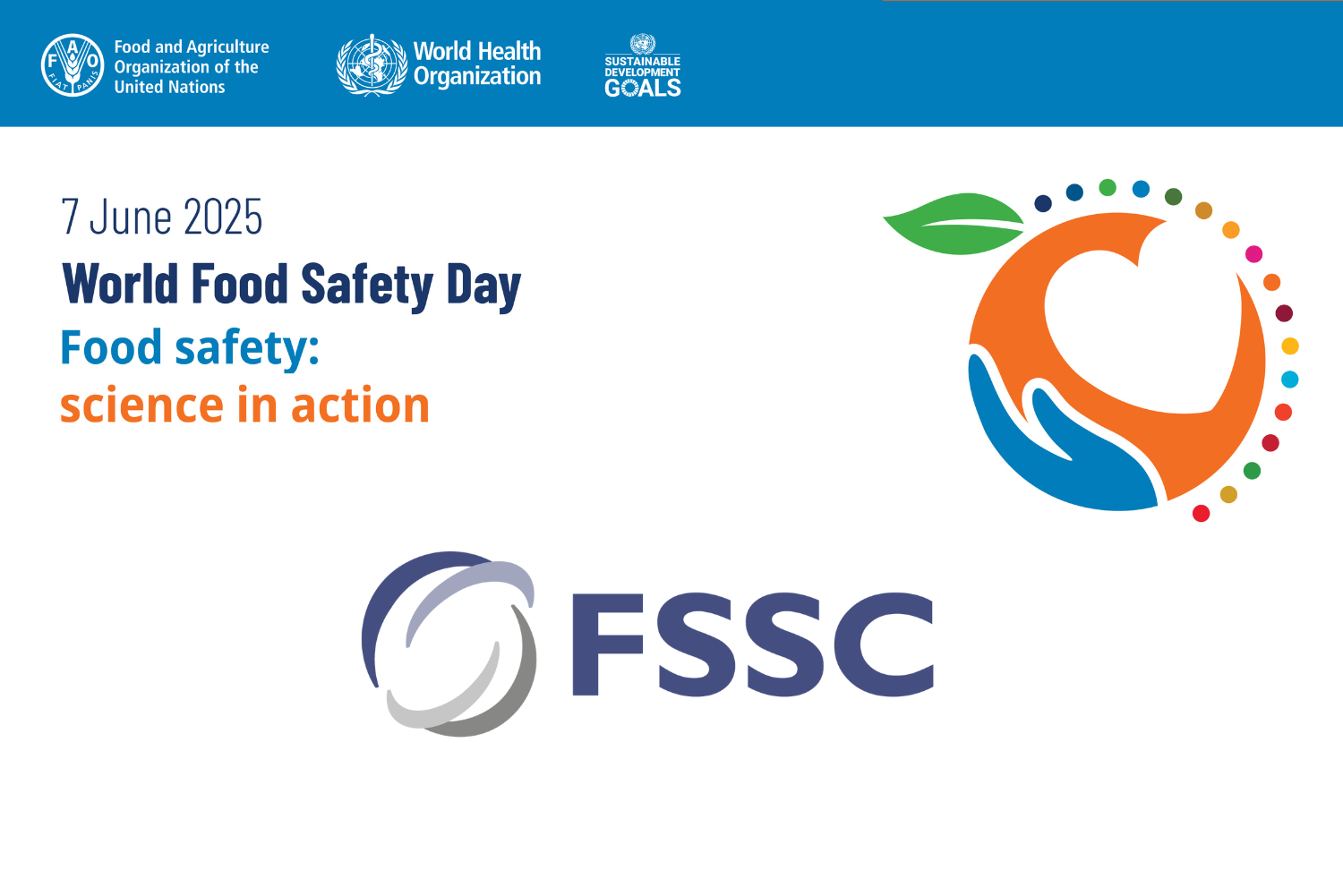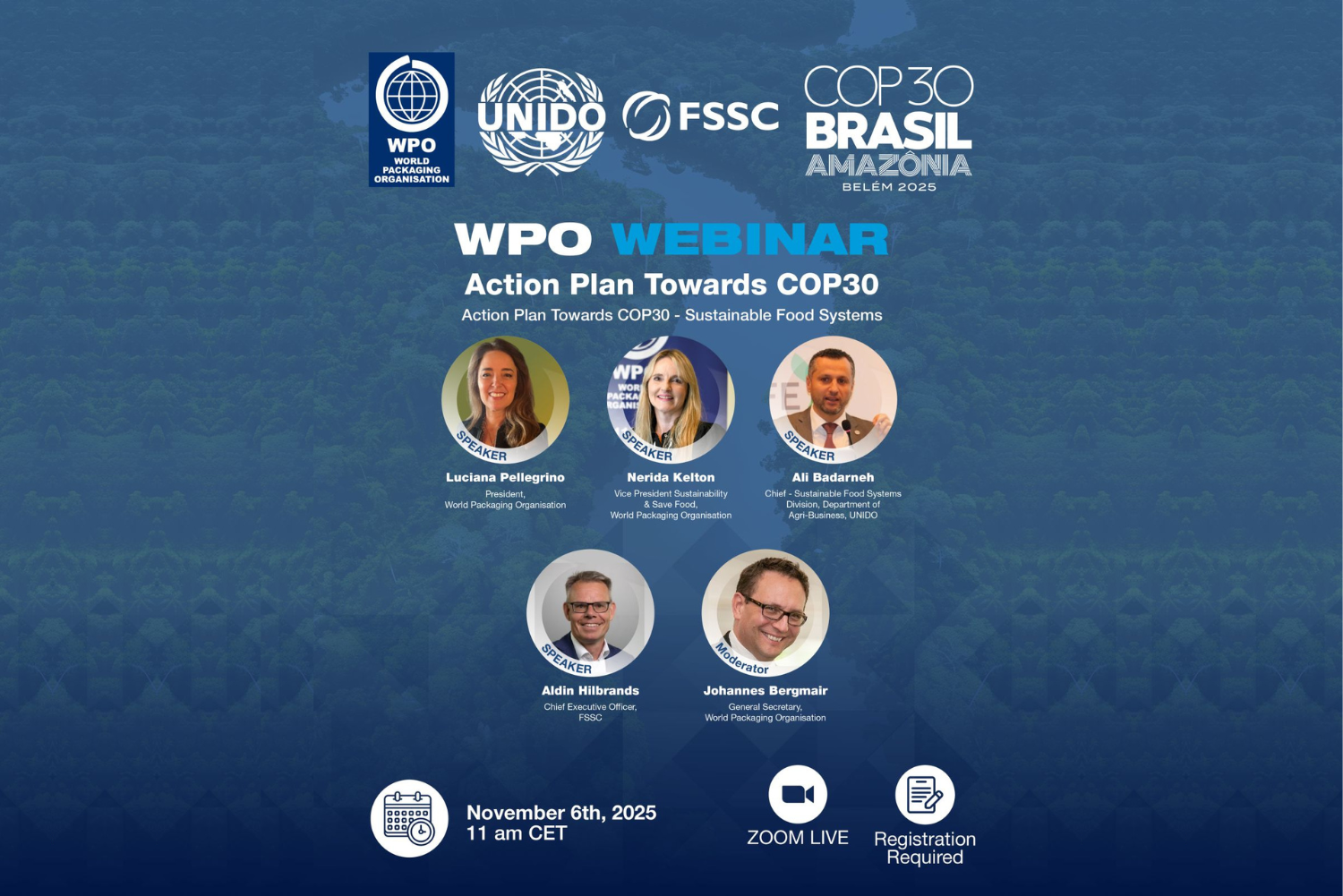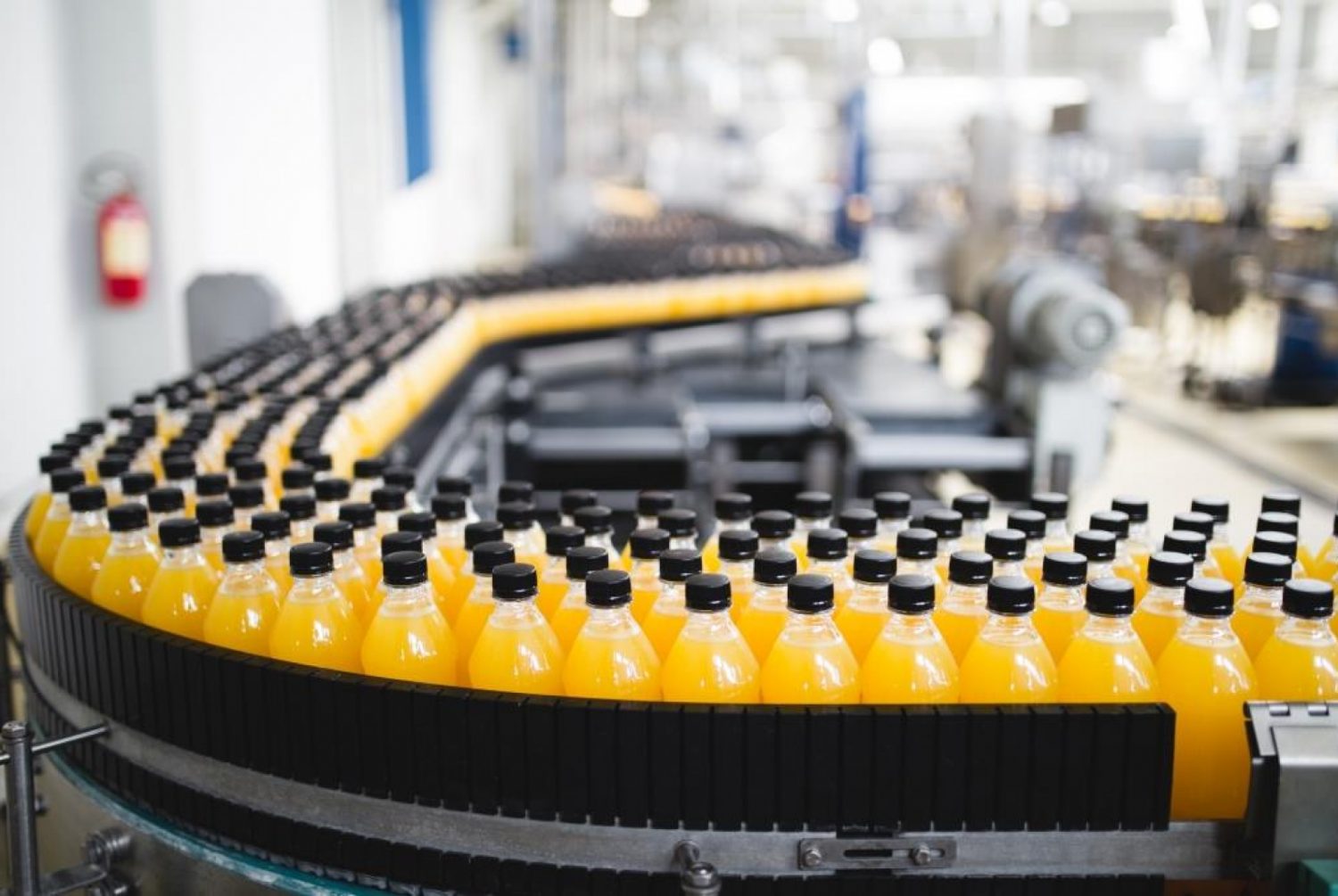Every day, we all count on safe food to nourish and sustain us. Yet food can become contaminated in many ways: through bacteria, chemicals, fungi, or parasites. These risks affect our health, our economies, and our planet. But there’s good news: when we are informed, we can prevent them.

This is the spirit of World Food Safety Day 2025, celebrated annually on 7 June. With this year’s theme, Food Safety: Science in Action, we’re reminded that behind every safe bite is a system driven by science, collaboration, and integrity.
At Foundation FSSC, we see this science in motion every day — through the organizations we work with, the people we learn from, and the solutions we create together. Let’s explore how science is embedded in FSSC 22000 and how it helps bring safety to every table.
A Safety System of Science, Trust, and Integrity
Food safety doesn’t stand still, and neither does FSSC 22000. The leading certification Scheme for Food Safety Management Systems is built on the international ISO 22000 standard, which is grounded in Hazard Analysis and Critical Control Points (HACCP). HACCP, developed through the Codex Alimentarius, helps identify where safety risks might occur in the food chain and how to control them before they cause harm. It’s one of the most essential scientific approaches in food safety today.
Science is fundamental to food safety. And when people understand food risks, they become vested risk managers — at home, at work, and beyond.
But science is only as strong as its ability to evolve. At FSSC, we continually update our certification Program based on stakeholder input, scientific developments, and international guidance. Our rigorous development process involves public consultations, feedback loops, and final approval by our Board of Stakeholders.
We also hold recognition from the Global Food Safety Initiative (GFSI) and the International Accreditation Forum (IAF). Two global expert bodies that reflect the credibility and robustness of our Schemes and the trusted brand certification platform we provide to our stakeholders.
By supporting continual improvement and embracing science at its core, FSSC 22000 enables organizations to make informed decisions every day. Because food safety isn’t static — it’s something we continually grow and protect, together.
Shared Responsibility, Transparent Action
Collaboration is at the heart of FSSC 22000. The FSSC Board of Stakeholders (BoS) is composed of experts from across the global food industry. Together, they bring practical insights and diverse perspectives to ensure the Scheme remains relevant, inclusive, and resilient.
The FSSC 22000 Advisory Committee, a collective of industry representatives, Certification and Accreditation Bodies, and other stakeholders, supports the BoS and provides expert input on changes and innovations in the Scheme.
When we collaborate across borders, sectors, and roles, science becomes not just knowledge, but action.
This system of independent governance keeps FSSC engaged and accountable. More importantly, it reflects a simple truth: food safety is everyone’s business. Whether you’re manufacturing ingredients, preparing meals, or making policies, your role matters.
By embedding scientific discourse and democratic decision-making into the DNA of our certification Program, the Foundation helps advance safe food systems that work for everyone, from factory to fork.
Connecting Safety, Science, and Sustainability
The science behind FSSC 22000, first and foremost, helps prevent foodborne diseases. But our ambition to have a positive impact on the global consumer goods industry goes beyond food safety. We want to use our Management System to help build more sustainable and equitable food systems. Exemplary is a research project collaboration between FSSC and an MSc student from the Netherlands who mapped the FSSC 22000 certification requirements against the United Nations Sustainable Development Goal (SDG) Targets. He found that FSSC 22000 can maximize its environmental impact by focusing on SDG Target 12.3: halving global food loss and waste by 2030.
Education is key. When we share knowledge and make food safety part of everyday learning, we create a culture that protects both people and the planet.
Through the Additional Requirement on Food Loss and Waste (FLW) — mandatory for all FSSC 22000 Certified Organizations since 1 April 2025 — we are mandating companies to design strategies to reduce food waste and repurpose losses in meaningful ways. Whether it’s donating safe surplus products, composting unusable ingredients, or avoiding landfill disposal, organizations are encouraged to take practical steps. With more than 38,000 organizations certified against FSSC 22000, most of them in food manufacturing, this ripple effect is real and growing.
FLW is only one of the many scientific disciplines connected to food safety, whether it is microbiology, hazard analysis, sustainability science, or education. It invites everyone, especially the next generation, to think differently, act purposefully, and lead with knowledge.
At FSSC, we believe science is the foundation of trust. It helps us enable organizations, protect consumers, and make the world a better place, where everyone, everywhere, can access safe, nutritious food.
This World Food Safety Day, let’s celebrate Science in Action, and the people, processes, and partnerships that bring it to life.
Explore our insights
-
Insights Webinar FSSC 22000: Hygienic Transport of Food Through Effective Tank Cleaning
Past event
|
3 December, 2025
-
Webinar: Action Plan Towards COP30 - Sustainable Food Systems
Past event
|
6 November, 2025
-
Insights Webinar FSSC 24000: Make with Care, Certify for Trust
Past event
|
22 October, 2025



